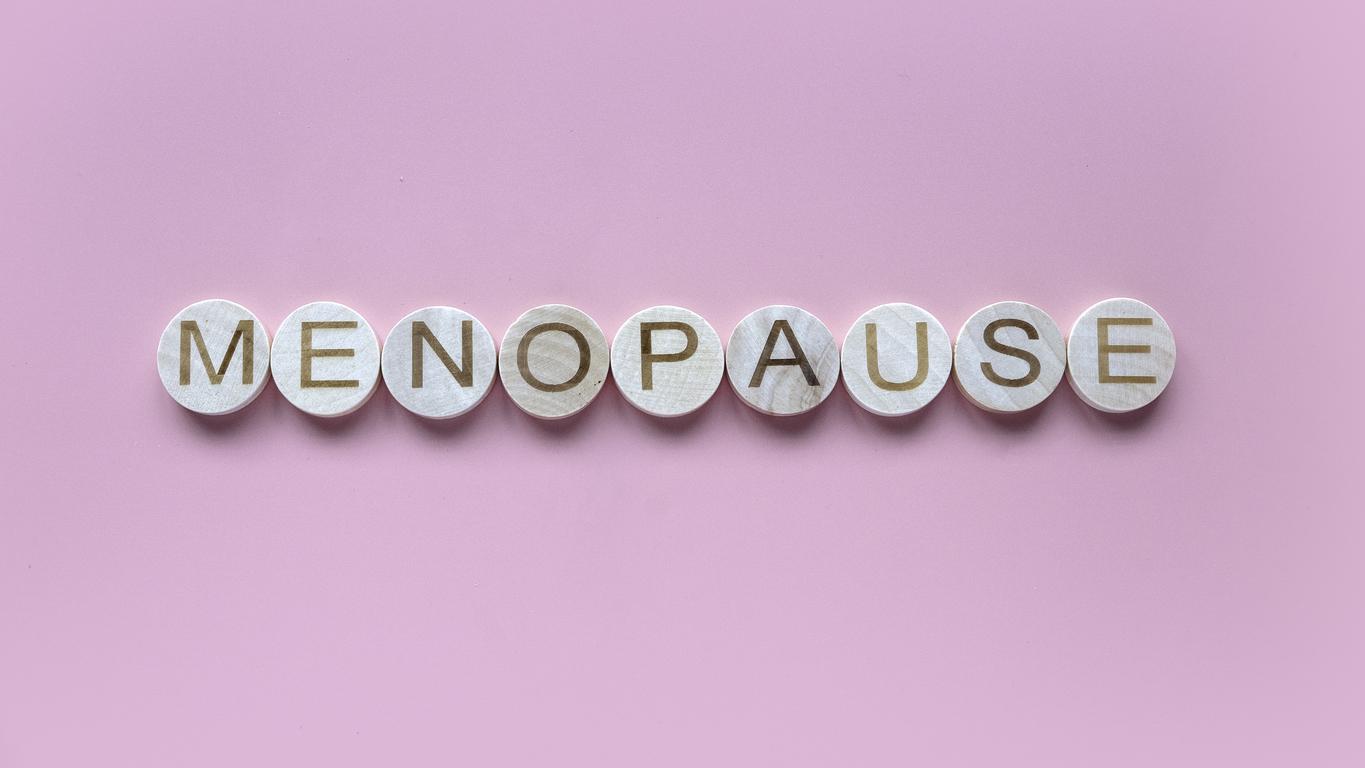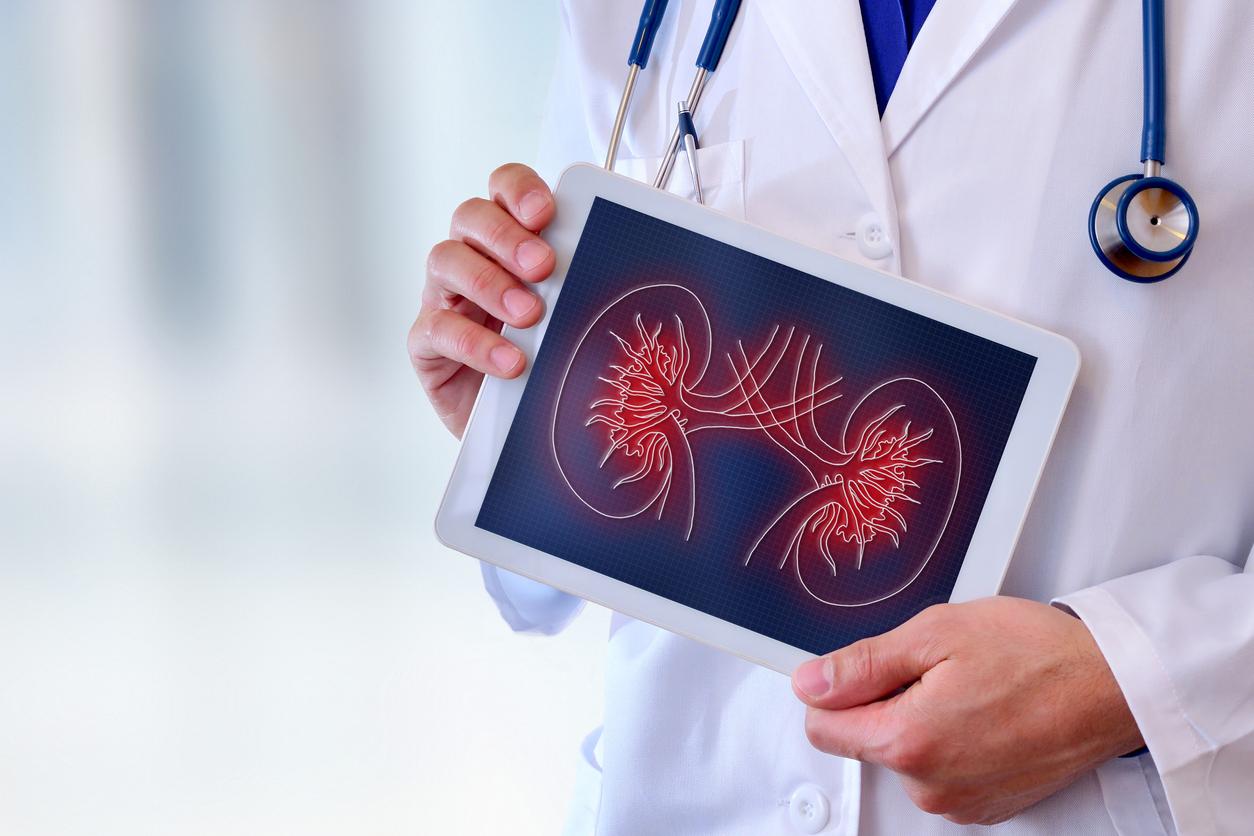To relieve the inconvenience of menopause, using progesterone is not only effective but also without risk to health, according to a study.

Hormones or not after menopause? Hormone replacement therapy (HRT) has been the subject of debate in the medical field for years. Combining progesterone and estrogen, it is used to relieve hot flashes and the inconveniences associated with menopause. But he is also accused of increasing the cardiovascular risk of patients. A study from the University of British Columbia (Canada), published in PLOS ONE this January 15, is in favor of progesterone.
“The risks have been exaggerated”
Progesterone, a hormone naturally present in the body, poses no particular risk to cardiovascular health, the researchers say. This hormone is primarily responsible for hot flashes and night sweats during and after menopause. This study removes one of the main barriers to the widespread use of progesterone in postmenopausal women, according to the researchers.
To reach these conclusions, the team of researchers recruited 110 healthy women, recently menopausal (one year after the last period). Half of them received progesterone treatment, the other half a placebo. Change in blood pressure, age and cholesterol level were analyzed. This made it possible to estimate, at 10 years, the risk of infarction and other vascular events. No difference was found between the two groups.
“Many women are apprehensive about taking progesterone for hot flashes because they think they are at the same risk – if not more – than with estrogen. We have already shown that the benefits of progesterone alone have been overlooked. This study proves that the risks of progesterone have been exaggerated, ”summarizes Dr. Jerilynn C. Prior, lead author of the study.
Long-favored estrogens
HRT has been used by women for years to reduce the frequency and severity of the discomfort of menopause. They were also used to prevent osteoporosis. But the use of this combination of synthetic estrogen and progesterone dropped after 2002. It was on this date that a study found that HRT increased the risk of heart disease, breast cancer and stroke.
Estrogens have long been considered the active ingredient in HRT for hot flashes. Progesterone was used to prevent the thickening of the lining of the uterus, the endometrium, which increases the risk of uterine cancer. The use of estrogen has gradually been phased out, the researchers note. Since then, the number of breast cancers has also declined.
.















